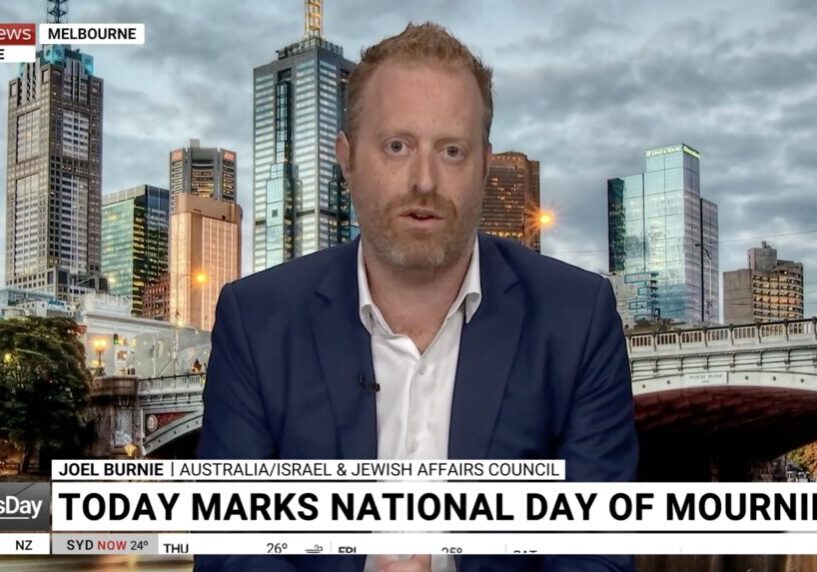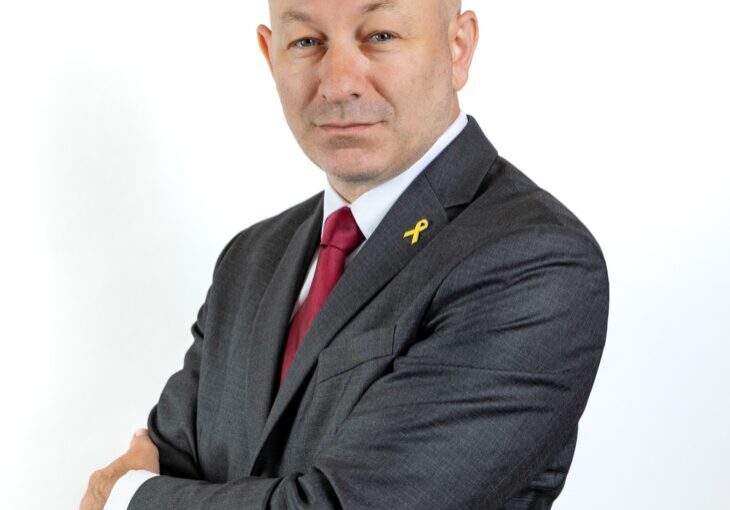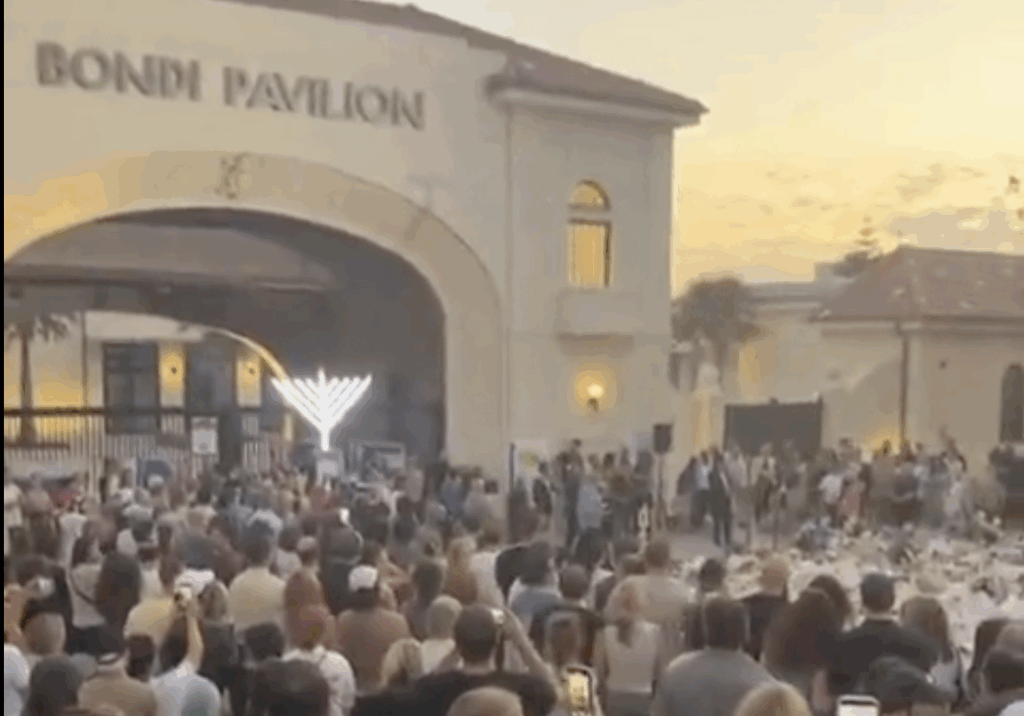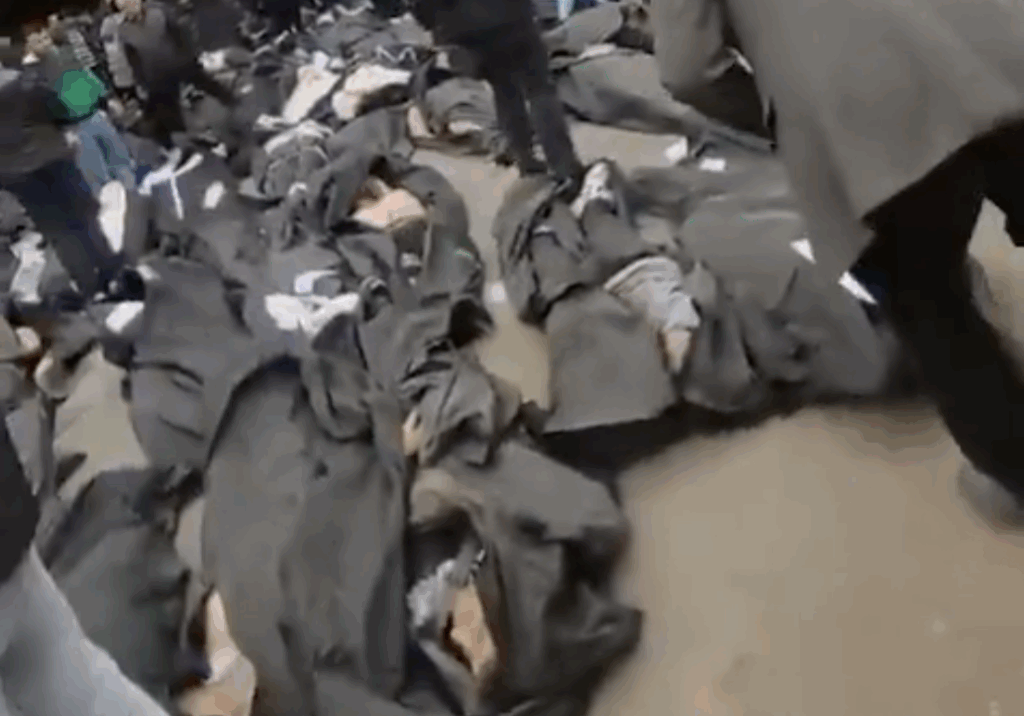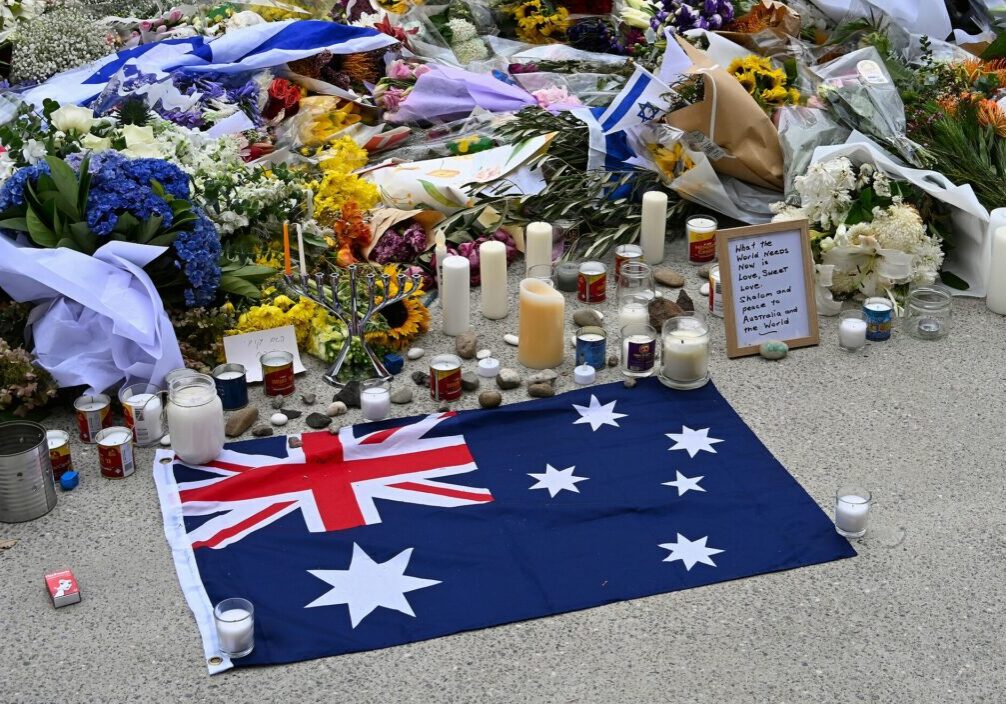Australia/Israel Review
Bad Neighbours
Nov 1, 2006 | Zachary Abuza
At the height of the Israel-Lebanon war earlier this year, Hezbollah’s representative in Iran, Hossein Safiadeen warned that his Islamic militant group plans to widen the scope of its attacks on Israel. “We are going to make Israel not safe for Israelis. There will be no place they are safe.” While Hezbollah did not feel it had to activate sleeper cells, it is important to take stock of where and how similar cells have been used in the past, as a guide to how they could be used in the future.
As Hezbollah Secretary-General Sheikh Hassan Nasrallah said in December 2002, “Martyrdom operations – suicide bombings – should be exported outside Palestine… Don’t be shy about it.” Hezbollah has cells documented in almost 40 countries that report to Imad Mugniyah, who is both a member of Hezbollah’s Shura Council and the head of its Jihad – or military – council. These cells are responsible for collecting intelligence, fundraising, liaising with the local Shia communities, doing propaganda work, and procuring weapons; some have operational sleeper cells. As Hezbollah is only designated a terrorist organisation in five countries (United States, Canada, Australia, Holland and Israel), they are fairly free to operate around the world.
Hezbollah’s capabilities in Latin America are well known. On 17 March 1992, they bombed the Israeli Embassy in Buenos Aires killing 29 people; on 18 July 1994 they attacked a Jewish community centre in downtown Buenos Aires, killing 86 people; and on 19 July 1994 a suicide bomber downed an aircraft in Panama, killing 21. On 28 April 1996 a Hezbollah guerilla squad was arrested in the Tri-Border region.
What is less known is Hezbollah’s activities in South-East Asia. While predominantly Sunni, the region does have distinct Shia communities (roughly 1-2 percent of South-East Asia’s Muslims) that Hezbollah has penetrated and actively solicits for funds. In some cases, Hezbollah operatives have taken over legitimate charities. Since the 1990s, Hezbollah operatives have been arrested in Thailand, Singapore, Malaysia, and the Philippines. Hezbollah operatives have long used Thailand as a centre for arms procurement and document forging. Most importantly, and not coincidentally, Hezbollah’s activities in South-East Asia have been in three countries with diplomatic relations and close commercial and or security ties with Israel – Singapore, Thailand and the Philippines.
Thailand
On 17 March 1994, a joint Iranian-Hezbollah operation to bomb the Israeli Embassy in Bangkok went awry when the terrorists who were driving the truck bomb got into a traffic accident in Bangkok’s notoriously congested streets. The driver fled the scene and the truck was towed to a police station; the bomb was only discovered days later when the police inspected the car.
Other Hezbollah operations in Thailand include surveillance of the El Al office in Bangkok and counter at Don Muang airport, the only airport in South-East Asia into which the Israeli airline flies. It has also reconnoitered Khao San Road, popular with backpackers and young tourists from around the world, and also the home to one of Bangkok’s synagogues. Not surprisingly, in 2002-03, Jemaah Islamiah’s (JI) operations chief, Hambali ordered his operatives to conduct surveillance on almost exactly the same targets.
Hezbollah is thought to use an Islamic school in Bangkok run by an Iranian national for fund raising. It has other commercial ventures, and is suspected of having interests in the pirate DVD industry.
Singapore
In 1995, Hezbollah dispatched operatives to Singapore, to plan attacks against US and Israeli targets. The men ran a series of religious study sessions from which they recruited five men. Interestingly, the leader of the study sessions was not a Shiite, but an Indonesian Sunni with some connection to Jemaah Islamiah (JI). Ustaz Bandei was wanted at the time by Indonesian authorities for his role in the plot partly orchestrated by JI founder Abdullah Sungkar to blow up the Buddhist temple of Borobudur outside of Yogyakarta. The five men felt uncomfortable with their assignments to conduct surveillance and apparently withdrew from the plot, though Bandei and three operatives remained in Singapore.
In 1998, they were discovered making videos of Singapore’s coastline, and planning for a USS Cole-style attack on US and Israeli ships in the Singapore Strait. Operatives had also photographed the US and Israeli embassies and conducted reconnaissance of a synagogue. Singapore later arrested members of a Hezbollah cell in conjunction with this attack and for raising funds in the city-state. In June 2002, Singapore publicly accused Hezbollah of recruiting five Muslim Singaporean nationals in their failed 1995 plot. Singapore claims to have expelled all the Hezbollah cell members.
While Singapore’s security services are robust, Hezbollah’s leaders will continue to keep the city-state in their sights, as Singapore and Israel’s defence and intelligence ties remain very deep.
The Philippines, Malaysia and Indonesia
Ustaz Bandei was not the only South-East Asian Sunni that Hezbollah had recruited. Hezbollah has used South-East Asians to conduct surveillance for them on many other occasions. In one instance, they recruited a Malaysian national, Zinal bin-Talib, and dispatched him to Israel to collect intelligence. In 1999, Philippine officials arrested Pandu Yudhawinata, an Indonesian Hezbollah operative at Ninoy Aquino International Airport. He revealed that Hezbollah had recruited a small number of Malaysians and Indonesians and sent them to Lebanon for training in order to carry out terrorist attacks in Australia, South-East Asia and in Israel. An Iranian intelligence officer stationed in Malaysia in the early-1980s had originally recruited Pandu. Hezbollah also collected intelligence on a synagogue in Manila and the Israeli embassy in Makati. Like in Thailand, Hezbollah is active amongst the small Lebanese community, and has ties in hawala/gold shops and local enterprises, including criminal enterprises.
Malaysia in many ways is a very permissive environment. Members of the Algerian GIA sought refuge there, al-Qaeda has moved money through Malaysia since the mid-1990s, and there is growing popular support for Hezbollah. As the former Prime Minister Mahathir Mohammad said in an August 2006 interview in the mass daily, Utusan Malaysia, “If Israel is receiving weapons aid from the US, the OIC should therefore give arms to Hezbollah.” That says something about the degree to which a state will crack down on the terrorist entity’s operations within its borders.
A Back Office
Despite near total state sponsorship from Iran and Syria, Hezbollah understands that such dependency makes it vulnerable to the changing interests of its patrons. As such, Hezbollah has availed itself of South-East Asia’s arms markets and cached some weapons in the region.
Thailand has long been a centre of document forging for both Hezbollah and al-Qaeda and in the summer of 2005, in two separate operations Thai authorities arrested two Algerians naturalised in the UK with some 638 European passports. With porous borders, fairly lax visa requirements, and endemic crime and corruption, parts of South-East Asia remain a permissive environment for terrorist organisations to operate.
Hezbollah also uses South-East Asia in its propaganda efforts. Gabriel Weimann, a specialist on the internet and terrorism at the University of Haifa, has written that during the 2006 war, Hezbollah ran a “rather sophisticated, all-purpose” website, www.ghaliboun.net, from a Malaysian server. “This website was used for almost all Hezbollah’s campaign purposes: news and updates, psychological warfare, propaganda and recruitment. It contained the speeches, statements and televised interviews with Nasrallah; news briefings and updates; cartons and pictures; stories (of victims or “freedom fighters”); links to webpages on Israeli atrocities or American aggression, and more.”
In sum, Hezbollah was actively trying to develop a presence in South-East Asia in the mid-1990s. Several counter-terror operations helped to dislodge some cells, but the organisation has maintained a residual presence in the region. Whether it still has the capabilities to hit Israeli, Jewish, American or Australian interests in the region is less clear, but the governments in the region should be aware of the threat.
To that end, regional governments must redouble their counter-intelligence operations against the Iranians. Most Hezbollah operations in the region were conducted with the active assistance of Iranian intelligence.
Hezbollah will follow through with its threats, and to that end, it will find the most vulnerable targets throughout the world. Should the US Government commence military operations against Iran’s nuclear facilities, Iran will strike back, most likely through their Lebanese proxies. As the Israeli analyst Eitan Azani recently testified before the US Congress, “Hezbollah maintains its readiness to perpetrate attacks in the international arena as soon as a decision is made. This operational capability gives the Iranian and Syrian regimes a potential weapon they can activate in the future.”
Dr. Zachary Abuza is a leading scholar on terrorism in South-East Asia and author of Militant Islam in South-East Asia: Crucible of Terror. He is Associate Professor for Political Science and International Relations at Simmons College, Boston. He recently visited Australia as a guest of the Australia/Israel & Jewish Affairs Council.


